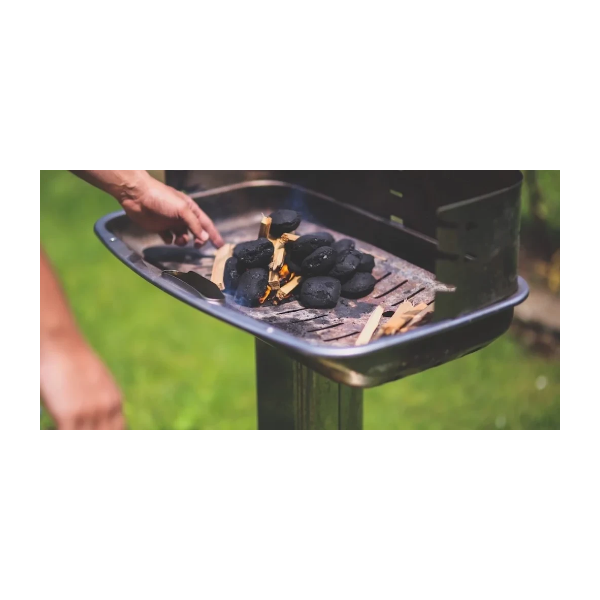Camping is often associated with smoky grills, sizzling meat, and rustic cooking. But in recent years, vegetarian camp meals have carved out their own space in the world of outdoor adventures. With more campers embracing plant-based lifestyles—or simply seeking lighter, healthier options—it’s clear that camp cuisine is no longer limited to hot dogs and canned beans. The question is no longer if you can enjoy satisfying vegetarian meals while camping, but how you can create them without sacrificing taste or energy.
Why Vegetarian Camp Meals Matter
Food is the fuel that powers every step on the trail, every climb up the ridge, and every cozy evening around the campfire. For vegetarians, planning meals outdoors is more than a preference; it’s a necessity. Even non-vegetarian campers are discovering that plant-based dishes can provide the same energy and comfort as traditional options—sometimes even more.
Nutrient-rich vegetables, whole grains, and protein-packed legumes offer slow-releasing energy that keeps campers feeling full and strong during long hikes. Beyond health, vegetarian meals also bring variety, freshness, and creativity to camp cooking. After all, there’s something invigorating about sitting under a canopy of stars while enjoying a dish that feels both wholesome and adventurous.
The Challenges of Plant-Based Camp Cooking
Still, creating vegetarian camp meals is not without hurdles. Many campers find themselves asking:
-
How do you keep ingredients fresh without refrigeration?
-
What can replace the protein often provided by meat?
-
How do you prepare meals quickly after a long day outdoors?
Unlike a home kitchen, a campsite doesn’t offer endless storage, multiple burners, or a fridge stocked with backup ingredients. Even the most dedicated vegetarians can feel limited when staring at a cooler that seems to lose ice by the hour. Balancing convenience, nutrition, and flavor becomes a puzzle—and solving it requires both planning and creativity.
The Rising Appeal of Plant-Based Adventures
The popularity of vegetarian camp meals isn’t just about diet—it’s about values. For many, choosing plant-based dishes outdoors aligns with a desire to tread lightly on the environment. Campers who pack fresh vegetables, lentils, or hearty grains are making choices that minimize their ecological footprint. It’s a small but meaningful step toward more sustainable travel.
There’s also the social element. When camping with a mixed group, vegetarian meals often become the common ground. They’re versatile enough to satisfy everyone, from committed vegans to meat-eaters who are curious about plant-based flavors. Imagine passing around a pot of smoky lentil stew or roasted vegetable skewers—these dishes bring people together just as much as the campfire itself.
Sparking Curiosity for Outdoor Plant-Based Cooking
Perhaps the most exciting part of vegetarian camp meals is the creativity they inspire. When traditional camp cooking leans heavily on meat, plant-based eaters are nudged to experiment with new flavors, textures, and methods. Can a single skillet transform beans and grains into a hearty feast? Could foil packets unlock new dimensions of smoky vegetables? What about spices—how do they change a simple camp dish into something unforgettable?
The curiosity doesn’t end there. Campers often find themselves exploring dehydrated ingredients, pre-mixed spice blends, and clever storage hacks. Each trip becomes a chance to refine the art of vegetarian cooking outdoors, turning limitations into opportunities.
Conclusion: The Journey Beyond the Campfire
In the end, vegetarian camp meals are more than just food—they’re an experience. They embody health, sustainability, and creativity, offering nourishment for both body and spirit. Yes, there are challenges, but each obstacle opens the door to new flavors and ideas.
If you’ve ever wondered how plant-based cooking could transform your next outdoor adventure, the answers are closer than you think. From ingredient strategies to flavorful recipes, the world of vegetarian camp meals is full of solutions waiting to be discovered. The journey doesn’t stop here—explore further, and you might just find that the best campfire meals don’t need meat at all.




